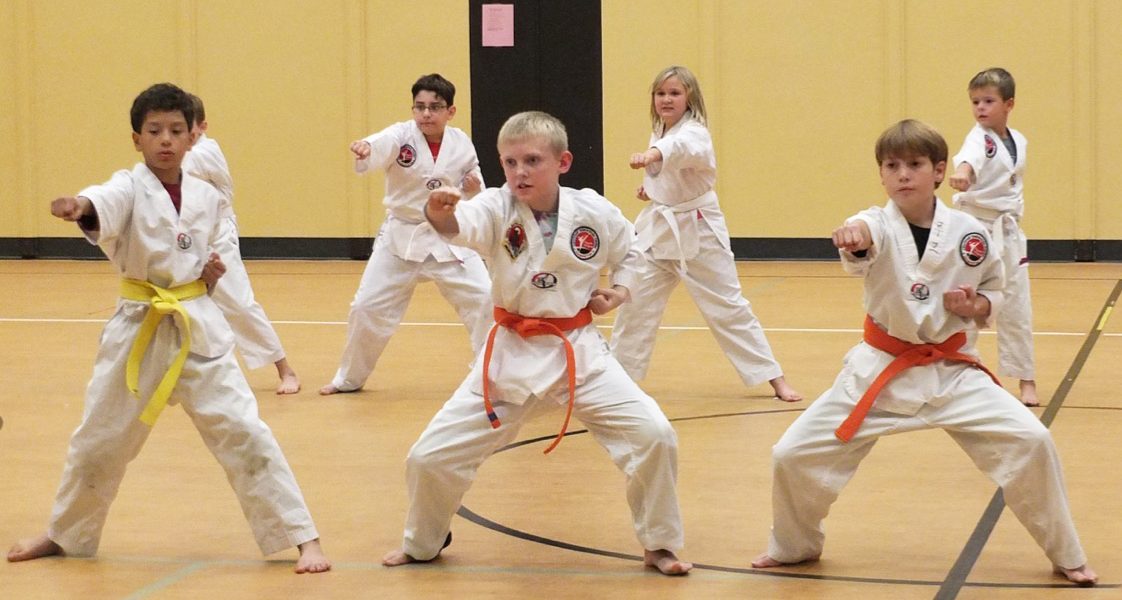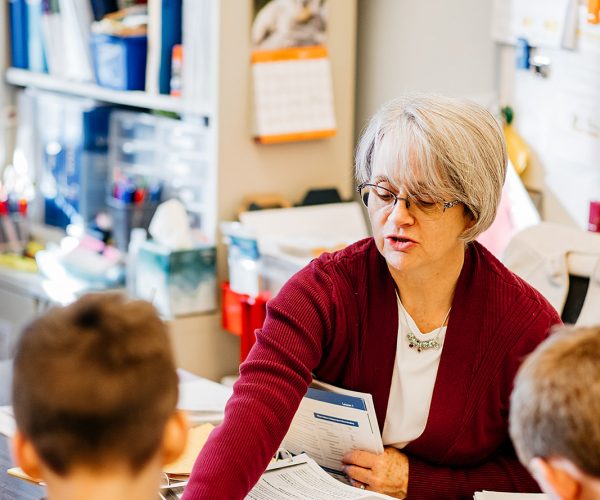
Teaching Children to Learn from Mistakes
March 1, 2017
Avoiding the Summer Slide
March 15, 2017
You have heard the complaints – “I’m bored.” “No one wants to play with me.” Your suggestions for activities or different companions are met with rejection. Sometimes it just seems like the youngster is complaining to get a sympathetic reaction from an adult.
He doesn’t want a solution. As parents, we are aware of the variety of experiences that are open to our children. Maybe you are concerned about his constant connection with devices or lack of exposure to fresh air. How do you get your student to push his comfort level and try something new?
Think about the student’s current activities. Is she “overscheduled?” Maybe she doesn’t know what to do with downtime. Joining another activity might not be helpful for that student. Having unscheduled, self-directed time and coping with boredom would be a good learning experience and might spark creativity.
The student who is tethered to a device might benefit from expanding his range of interests. A parent might start by gathering information about all the activities or classes that are available to children of the same age in the community. Then, talk with the child about what he likes to do. Obviously, playing video games or watching YouTube videos alone in his room is something he enjoys. Before making suggestions, consider his strengths. A team sport might not work for a student who has tried other sports and not been successful. Something with more of an individual focus, such as archery or martial arts, might be more appealing.
There are cooking classes, art classes, robotics programs, dance classes, science camps and computer camps available to children. Whatever the student chooses, ease her way into something new. Perhaps check with other parents to see if an acquaintance might like to join too. Visit the Community Center where the program will be held. Then, make an agreement about how many sessions/practices the child will attend. You might need an incentive plan to get her through the first few sessions.

For the child who struggles in school, finding something that gives him a sense of competence is vital. That child may lack confidence about reading, but archery or cooking class can give him a sense of accomplishment and satisfaction in a non-academic area. That student can “shine” in another setting.
Blogger Mary Ann Mulcahey, PhD, shares her expertise in assessment and diagnosis of learning disabilities and ADHD, and the social/emotional adjustment to those issues. If you have questions, please contact Mary Ann at .



